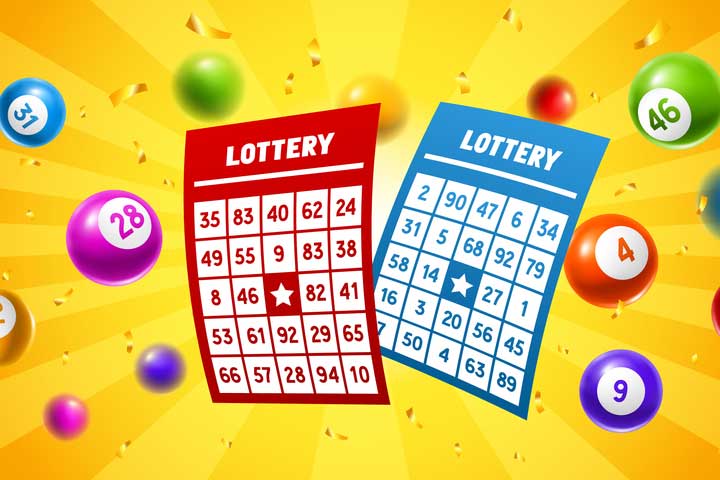
Several types of lottery exist: some involve paying for the chance to win a prize, such as money or goods; others provide a chance to win a service, such as a job or a place in school. The most common form of lottery is the state-sponsored game in which participants purchase numbered tickets and win a prize if they have the winning numbers. Other examples include games that award prizes for matching certain symbols or words. The word lotteries derives from the practice of casting lots to determine fate or property distribution. It is traceable to ancient times, and the Old Testament contains many references to such drawings. Lotteries also appear in modern commercial promotions, military conscription, and the selection of jury members.
Regardless of how they are conducted, all lotteries have the same basic elements. The most important is a mechanism for collecting and pooling all the money placed as stakes, usually through a chain of sales agents who pass it up through the organization until it is “banked.” Another essential element is a prize that draws potential participants, and this may range from relatively modest amounts to substantial sums. In addition, most lotteries deduct costs of organizing and promoting the lottery from the total prize pool, and a percentage of the remaining sums goes as taxes or other revenues to the promoter and/or the sponsor.
Lotteries enjoy broad public support, particularly when they are seen as funding a specific public good such as education. But studies have shown that the popularity of a state’s lottery is not related to its actual fiscal condition.

